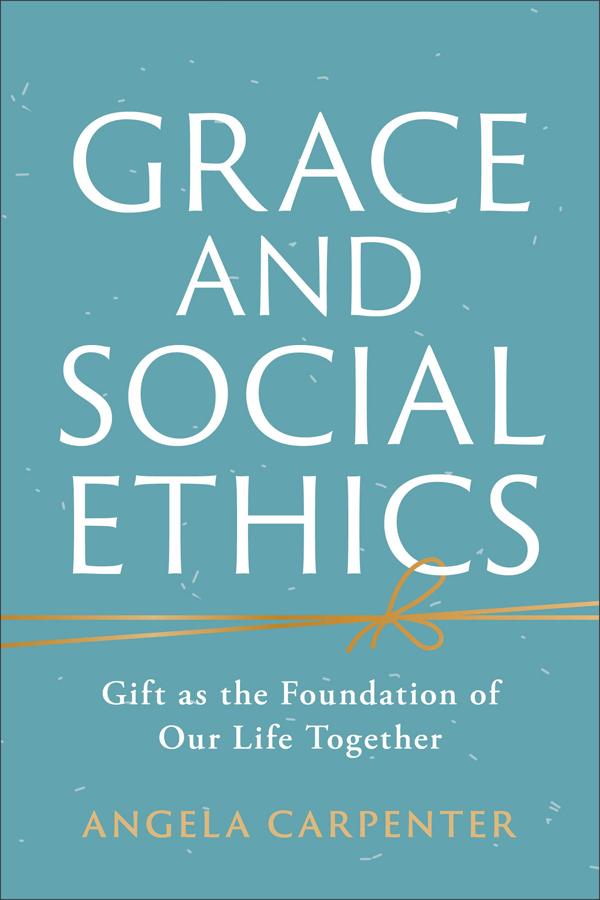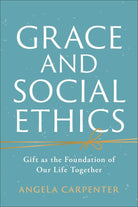Grace and Social Ethics
$27.99
Unit price
/
Unavailable
Shipping calculated at checkout.
Couldn't load pickup availability
Grace and Social Ethics


